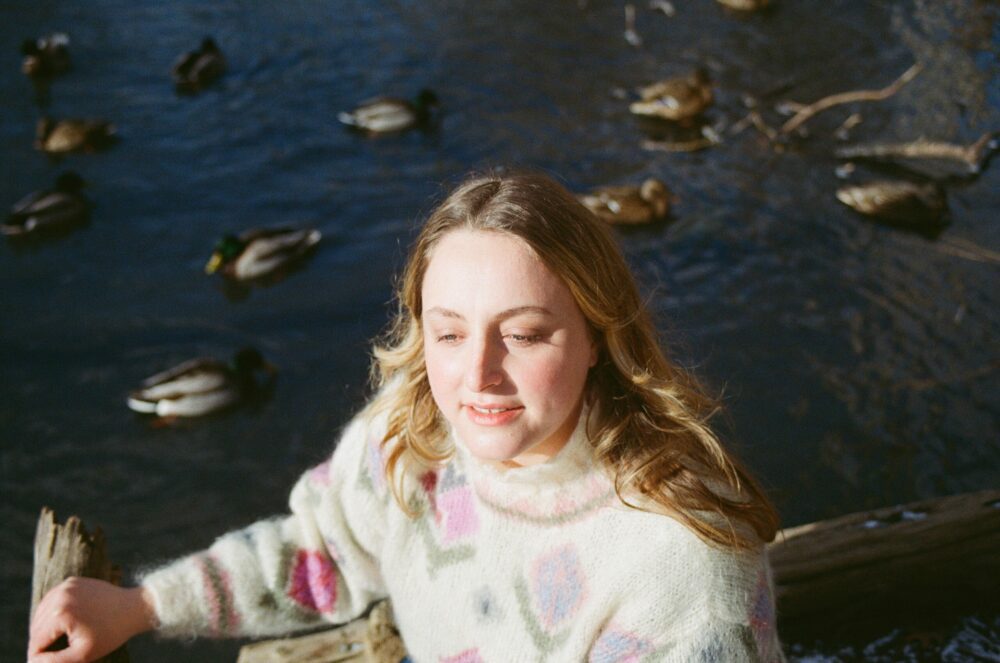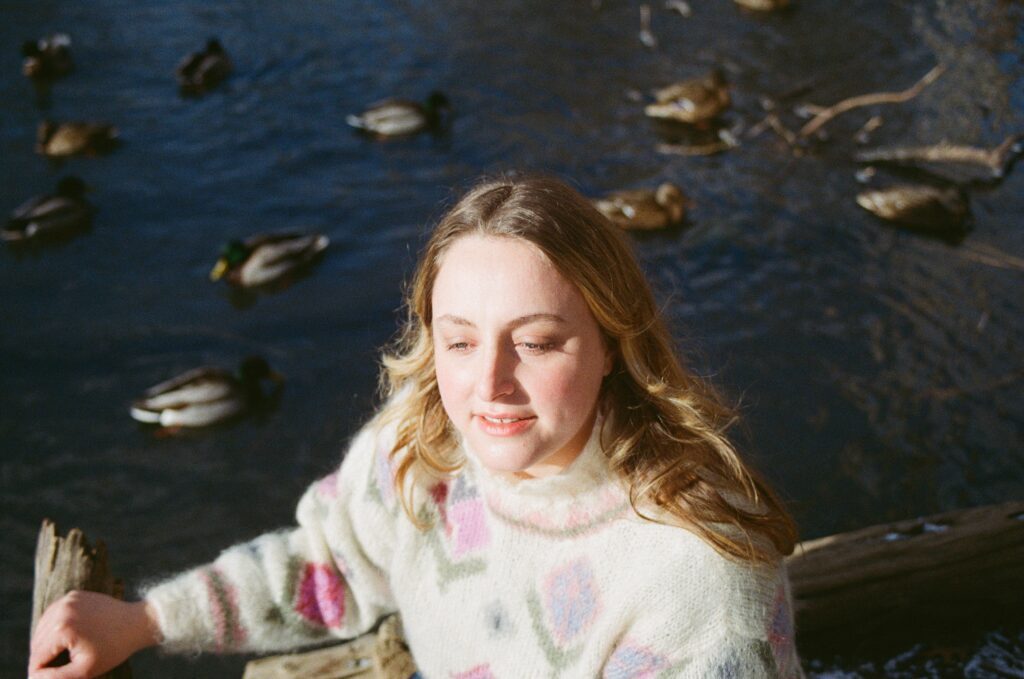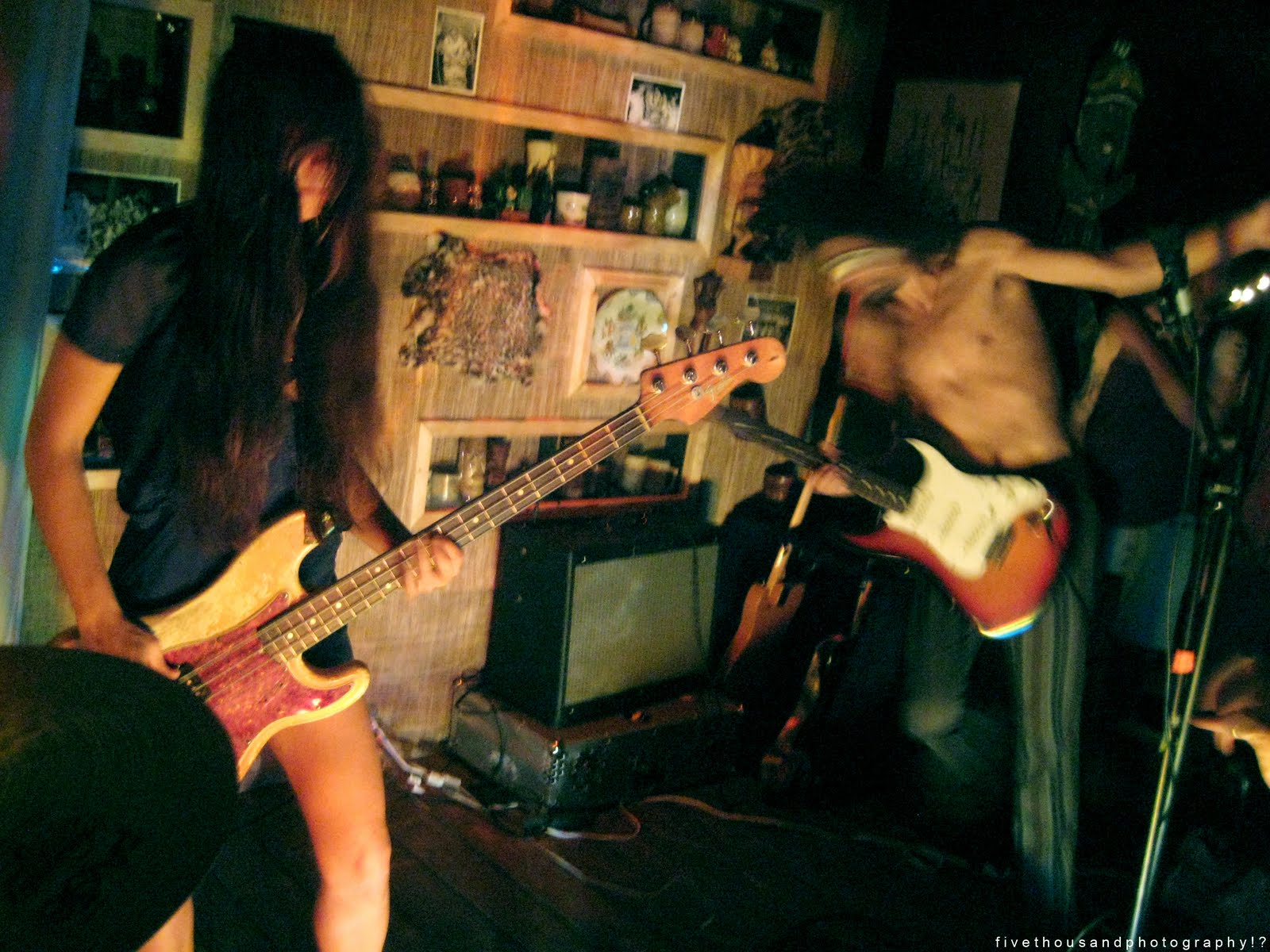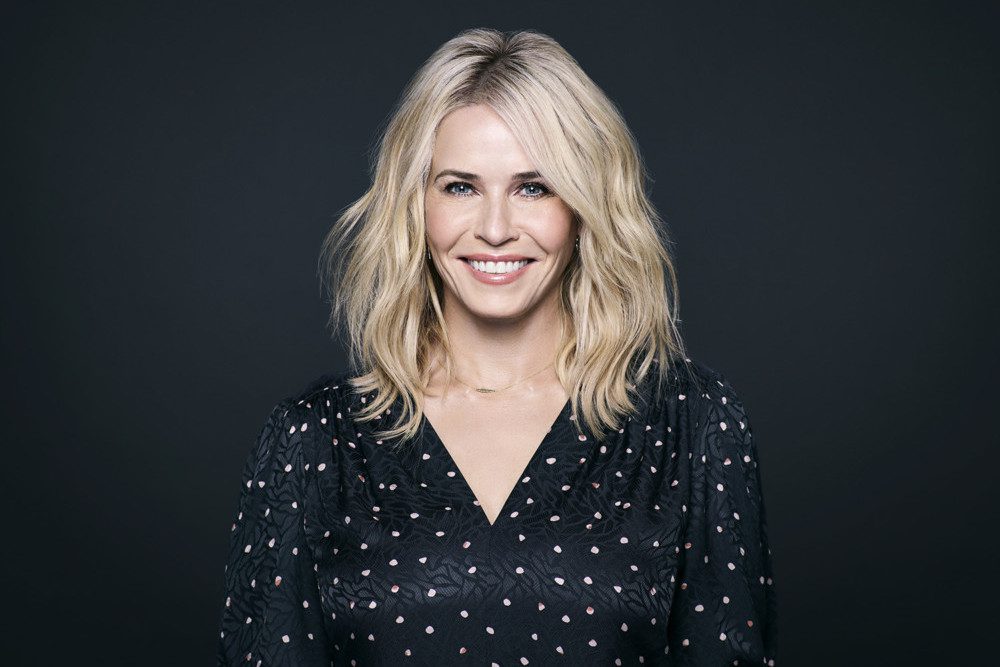

When she first wrote “Perfect Love,” Dorothea Paas and her friends jokingly referred to it as a Phil Collins song. “I could just imagine the song being arranged with the full Phil Collins treatment – chorus, guitar, big reverb tones,” the Toronto-based singer-songwriter says by phone. When Paas wrote the song, she was actually inspired by Celine Dion’s rendition of “The Power of Love” and imagined “a big Phil Collins drum fill on that second chorus.”
The version that appears on her debut full-length, Anything Can’t Happen, sounds nothing like that though. Instead, it’s become a somber folk number that builds to a rich choral arrangement near its end – something more in line with the British folk group Fairport Convention, using an acoustic guitar with a “sparse and vaguely eerie arrangement.”
One of the challenges that Paas found with working on Anything Can’t Happen, released May 7 via Telephone Explosion Records, was that her songs could have been performed in various different ways. “Maybe that’s why I like the idea of redoing old songs,” she says, “because there’s just so many possibilities.”
Anything Can’t Happen might be Paas’ debut album, but she’s actually been performing, recording and releasing her music for about a decade. Her first recording was a MySpace-era CD that she burned in her living room. Afterward, she started releasing cassettes here and there, particularly when she was set to play on the road. “I love tapes because they’re affordable to make and affordable to buy,” she says. “I think they sound really good also, but, even if you don’t listen to them, they’re just a fun object to have.”
Paas isn’t the sort of artist who likes to debut her songs with the recorded version. She prefers to play them live for a while to grow comfortable playing them. Maybe too, she’ll decide on her favorite arrangement of the song through live performance, although, she adds, sometimes there’s “weird improvisatory magic” in the studio.
Paas started playing shows while attending college in Kingston, Ontario. “Starting out in that scene, I really wanted to fit in, but also maybe blend my sound that into that,” she says. “And then, over the years, I’ve wanted to carve out a specific niche for myself in terms of owning the things that make me different.” For Paas, that means leaning into her voice and bringing elements of classical, folk and rock influences together in her work.
Born and raised in Toronto, Paas gravitated to music as a child. In her youth, she was in a Christian worship band – that’s where she learned to play guitar and harmonize – and learned choral singing through Canadian Children’s Opera Company, where she met young singers who she would work with as an adult, like Robin Dann of the band Bernice, who lends her voice to “Closer to Mine” and “Perfect Love.”
Plus, the choral background continues to be an influence on Paas’ songwriting. “I try to use it as inspiration if I’m feeling like I want to create or introduce some variety into my writing,” she says, “because I think my songwriting practice pretty much grew out of my time in Kingston playing in the post-punk scene.”
In Kingston, she met a few of the musicians with whom she would continue to collaborate over the years, including Paul Saulnier from PS I Love You and Liam Cole from Little Kid, who played bass and drums respectively on Anything Can’t Happen. It’s also how she connected with artists from outside of the city. Paas and her pals were often local support for bands coming through Kingston. And, she notes, because the city is between Toronto and Montreal, they would get a lot of tours. “As a result, I made a lot of friends in the music scene,” she says.
Paas, who has also collaborated with artists like Jennifer Castle, U.S. Girls and Badge Epoque Ensemble, began writing the material that would become Anything Can’t Happen back in 2016, and the most recent songs on the album are about two years old. She chose to organize the tracks in a loose chronological order to reflect how her influences and style have evolved during that course of time. “I like the idea of moving through that experience through the track list,” she says.
There are no “true oldies” on her debut album, but she’s considering redoing one song she wrote more than five years ago on her second album. “I don’t want to put it to waste,” she says of some of her catalog material, “especially because my older songs have been heard by such a small audience.”
This process also presents an interesting situation for an artist who has played a lot in her hometown, but hasn’t toured as extensively. “My friends have heard them and people that are really avid show-goers in the city, who go to a lot of independent shows, have heard them,” she says. “Most people have never heard them and, through having a label and being able to put stuff out in a way where it can be heard more, I have to remind myself that this is going to be new for a lot of people.”
Follow Dorothea Paas on Instagram for ongoing updates.




